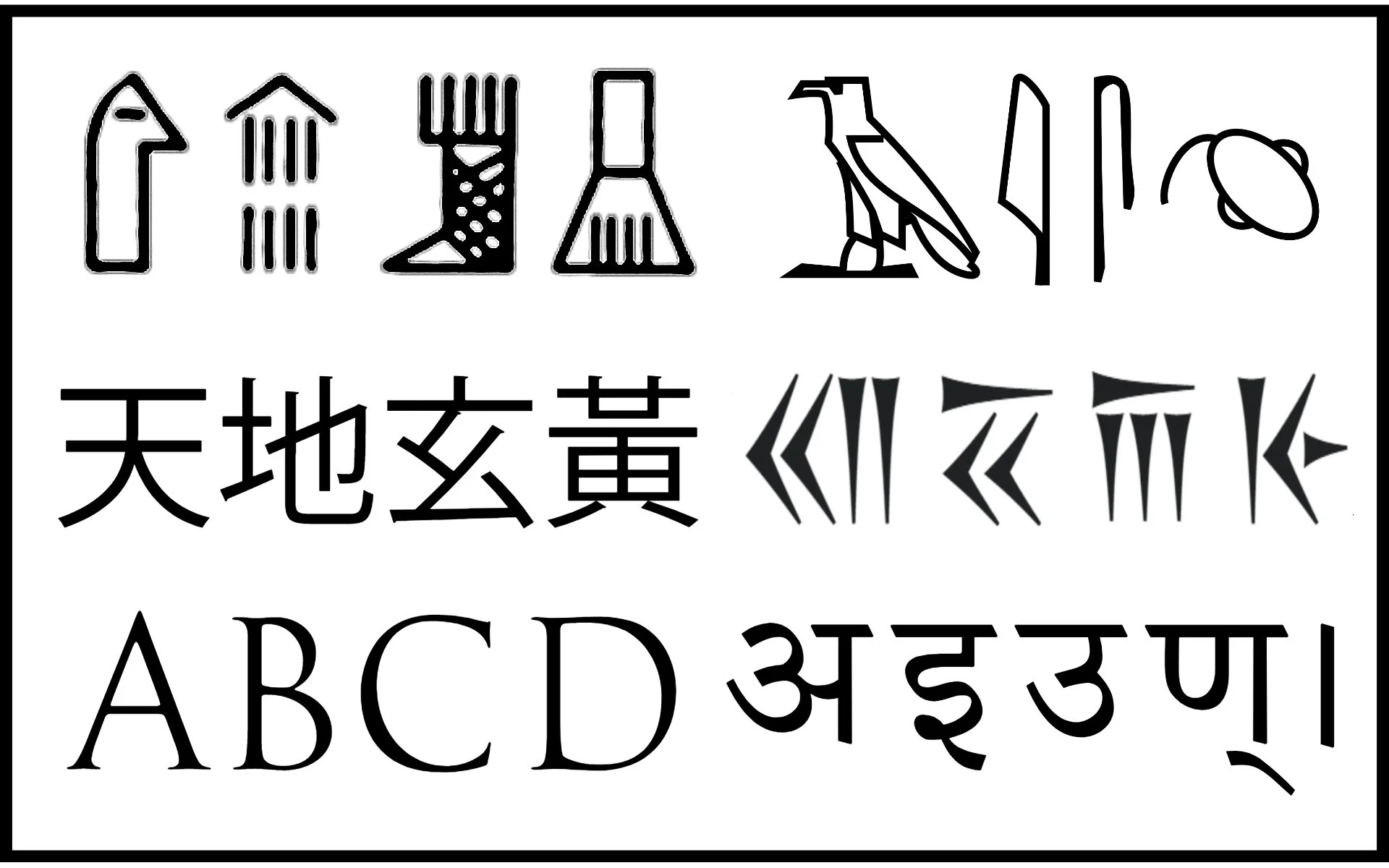1.1.19
As the study of herbology draws me closer, the turn of 2019 finds me wondering what future my Diploma might offer.
Everywhere I turn, it seems, I am met with more and more evidence that I am aligning with a growing movement. A movement at once local and global, parochial and political.
Radical herbalism is emerging as both act and identity of resistance amongst the U.K.’s Generation Z, and — as Gil Scott Heron predicted — this revolution will not be televised (Gen Z don’t watch tv). But it is being organized, and crucially shared, through social media.
I have been slow to recognize my own limited understanding of that digital-age verb, to share. We have not only been gifted a revolution in the means of communication (of Marxist ‘production’ in many senses), but a challenge to the entire notion of ‘possession’, and thus to the wayward direction of late-stage corporate capitalism. To share does not just entail passing on information, and even knowledge, but also opening up ownership. As I’m sure Tim Berners-Lee was hoping, the internet has given Gen Z the keys to a new kingdom. And they are busily, and mindfully, exploring the possibilities and the responsibilities with which they find themselves entrusted.
It’s not an easy task.
In a ‘Let Them Eat Cake’ moment, my partner and I were again puzzling on the enormous popularity of take-away coffee amongst younger people. Why, we wondered, would our son spend his hard-earned zero-contract pennies on some eco-unfriendly super-latte, when he could just buy a kettle and have a brew at home?
But for many Gen Z’ers, kettle ownership is not an aspiration. The cost of a decent kettle is so prohibitive, employment and housing so insecure, that the possibility of kettle, abode and electricity supply appears too remote. Especially given that climate apocalypse is predicted in the next twelve years.
Yes, 12.
This generation are not familiar with a comfortable expectation of steady accumulation; the one we inherited from our parents, the one that still blinds us to the urgency of the climate situation.
It reads like an Aldous Huxley novel, an Orwellian dystopia, a Mad Max film, Margaret Atwood’s latest — but stop, look around, and you will see that we are living it.
Desperate times call for desperate measures, as Hippocrates is believed to have said.
To escape the obvious, but corporate-controlled, response of despondent drug-addled hedonism, what seems to be emerging is a New Puritanism; one that is based not on the harsh biblicality espoused by Cromwell, but on behaviours that permit escape from the tentacles of mega-corporations.
And there are precious few non-corporate spaces left.
Corporations (with their concomitant advertising, their Project Fear, and their behavior manipulation profit-yield strategies) now influence to an unprecedented degree our societies, our bodies, and our thoughts.
Consider the state of health services — think of private drug company charges to the NHS; a service buckling under the popularized premise that we should live and be young forever.
Consider fast fashion, and the rise of image (self)–consciousness — together with its associated social atomization, and decay in mental health.
Consider the accountability of democratic structures — influences on voter behaviour, electronic vote rigging, Trump and the Russians.
So it is any surprise that a generation struggling to emerge from this foul corporate soup is looking for alternatives?
As we reach ‘peak stuff’, they are beginning to rebel by ‘cleanlining’ their possessions, and by treating clothes as their post-war forebears once did.
And they know they will need to reclaim control of food and nutrition. To do so, they will need to break free from the food insecurity of mass production, and they will need to break the corporate control of agriculture — with its blind genetic manipulation, its pesticides, and its profit-maximizing disregard for the variety of natural habitat.
As Hippocrates is believed to have advised:
Let food be thy medicine and let medicine be thy food
From plants to people to planet.
We have 12 years. The clock is ticking.
Get involved, and share in building the future.
